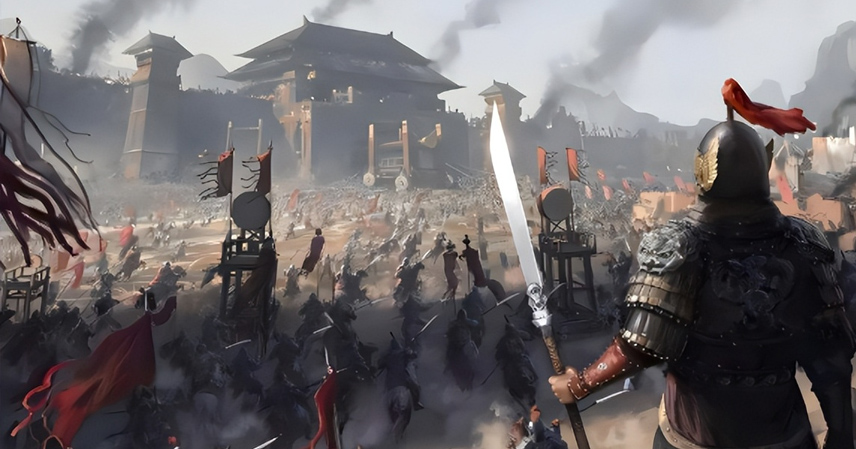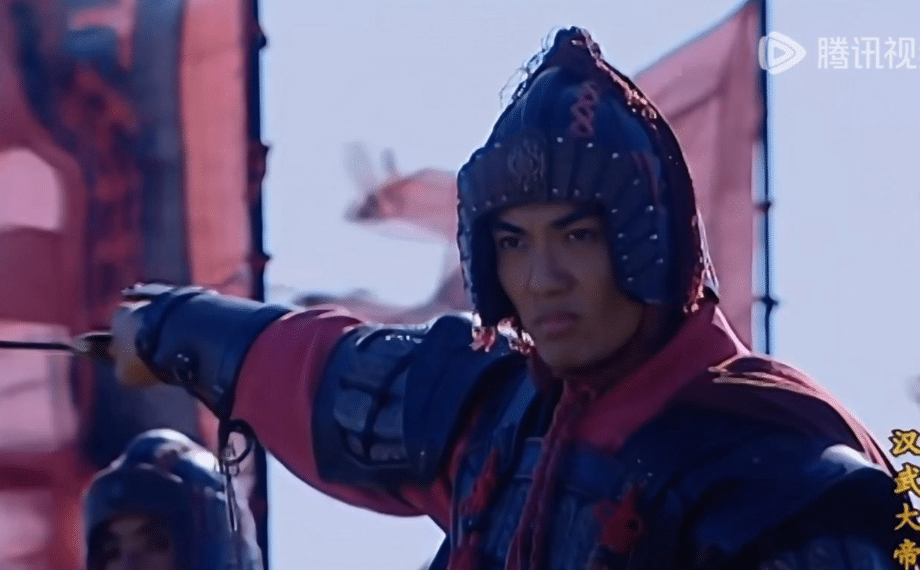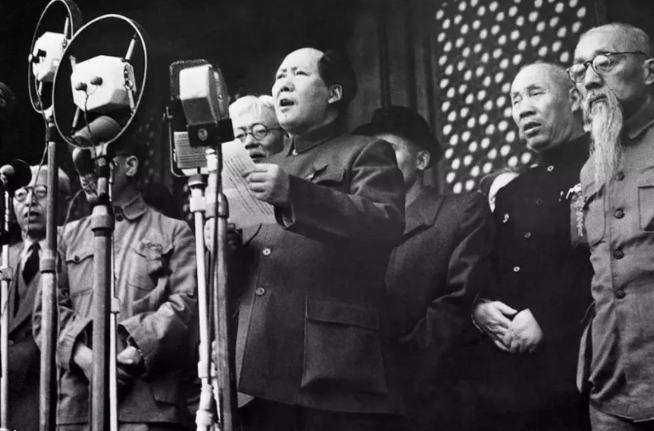When it comes to China’s most “regretful” dynasties, the Sui Dynasty is often at the top of the list. Mention Sui, and words like “short-lived,” “tyrant,” or “two-emperors-to-fall” instantly come to mind. People often compare it to the “violent Qin.” But the more one reflects on Sui’s downfall, the more peculiar it seems. Unlike other dynasties that decayed before collapsing, Sui appeared strong, unified, and wealthy — yet it collapsed almost overnight.
A “Picked-Up” Empire and a “Frugal” Prosperity
The story begins with Emperor Wen of Sui (Yang Jian). Born into a powerful military aristocratic family of Northern Zhou, Yang Jian was known for his patience and calm demeanor. In 580 AD, after Emperor Xuan of Zhou died, Yang Jian, as regent, maneuvered skillfully to secure power. By 581, he declared himself emperor, founding the Sui Dynasty.

In just eight years, Yang Jian’s armies defeated the Chen regime in the south, unifying China for the first time in nearly 300 years. Rather than indulge in luxury, Emperor Wen led by example in frugality. He wore old clothes, reused palace halls, and invested national wealth into governance and the people.
He implemented land reforms, cracked down on aristocratic abuses, and introduced the Three Departments and Six Ministries system — a bureaucratic framework later adopted by Tang, Song, Yuan, Ming, and Qing. Even more revolutionary was the Imperial Examination system (Keju), breaking aristocratic monopoly on officialdom and opening opportunities to commoners.

The result was prosperity known as the “Kaihuang Era.” Grain filled warehouses, the treasury overflowed, and the population grew to 46 million — not matched until the Tang’s zenith under Emperor Xuanzong. Abroad, the nomadic Turks bowed to Sui power, even calling Emperor Wen the “Sage Khan.”
A “Madman’s” Super Projects and a Gamble on Goguryeo
In 604, Yang Jian died, succeeded by his ambitious son Emperor Yang (Yang Guang). Unlike his thrifty father, Yang Guang was extravagant and impatient.
He moved the capital east to Luoyang, mobilizing millions of laborers. Soon after, he launched one of history’s greatest engineering feats — the Grand Canal, over 2,000 km long, linking northern and southern China. Strategically brilliant, the project became China’s economic artery for centuries, but in Yang’s time it drained the people with unbearable corvée labor.
Worse, Yang Guang embarked on three massive campaigns against Goguryeo (modern Northeast China/Korea). The first alone mobilized over a million soldiers and civilians — one of history’s largest military expeditions. The result was catastrophic: hundreds of thousands perished, with fewer than 3,000 returning from one campaign.

These reckless wars emptied the treasury and exhausted the population.
Collapse Amid Strength
Externally, the empire appeared formidable — strong armies, full granaries, advanced institutions. But within, society crumbled. Heavy taxes, endless labor, and failed wars triggered widespread rebellions.
Peasant leaders like Wang Bo rallied support with slogans such as: “Why die in Liaodong? Better to farm in Shandong!” The deeper wound, however, was elite betrayal. The aristocracy resented Emperor Yang’s reforms and turned against him.
In 618, while Emperor Yang resided luxuriously in Jiangdu (today’s Yangzhou), his own guard commander Yuwen Huaji staged a coup. The emperor was strangled to death with a white silk cord.
Thus ended the Sui Dynasty — not from poverty or weakness, but from exhaustion imposed by over-ambition. It was like a marathon runner who sprinted the first half at full speed, collapsing before the finish line.

Sui’s Legacy to Tang
Sui’s downfall paved the way for the Tang Dynasty. Li Yuan, who claimed to “uphold Sui,” actually seized its foundation. Tang inherited Sui’s bureaucratic system, examination system, land distribution, militia organization, and, most importantly, the Grand Canal.
Without Sui’s institutional and material groundwork, the Tang’s “Golden Age” would have been impossible.
Sui’s 38-year history teaches a timeless truth: true strength lies not only in mighty armies and grand projects, but also in rulers’ ability to respect the people’s endurance. As Chinese wisdom says: “Water can carry the boat, but it can also overturn it.”



